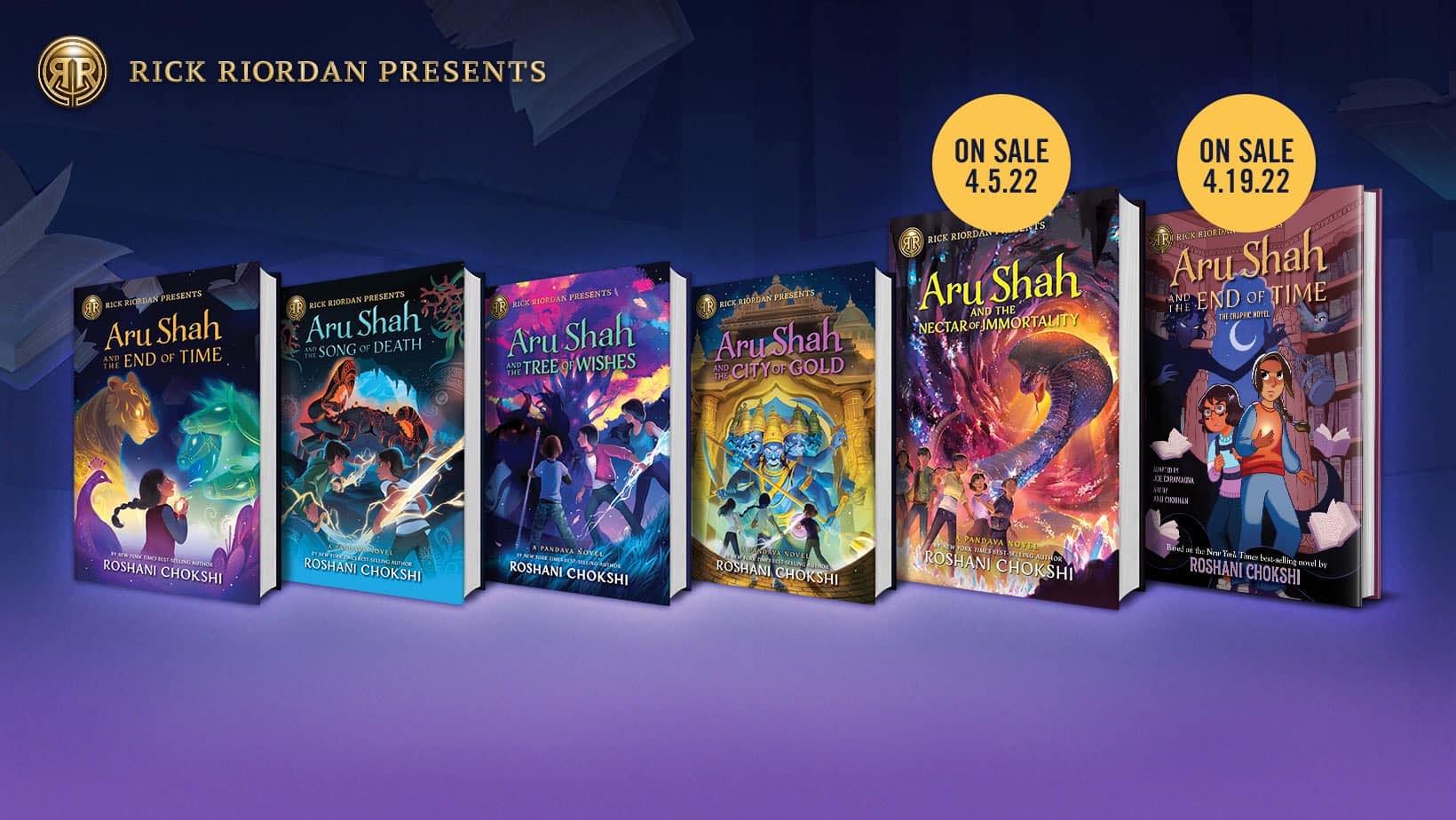Roshani Chokshi is a Filipino-Indian fantasy author based in Georgia, USA. She grew up speaking English, but it did not stop her from delving into Hindu and Filipino mythologies.
Her middle-grade series, Pandava Quintet, draws on Hindu mythology. Its first book, Aru Shah and the End of Time, was the first to be launched in 2018 under Rick Riordan Presents.
This is a Disney-Hyperion imprint of Rick Riordan, the famous author of the Percy Jackson series. The imprint will feature various mythologies across the globe as told by various authors.
In April of the same year, the movie rights for Aru Sha and the End of Time were acquired by Paramount Pictures at an auction, and announced to the public.
Aru Shah is a 12-year-old girl who has an annex of the Museum of Ancient Indian Arts and Culture for her home. She studies at an Atlanta private day school.
She often lies to her classmates so that they will perceive her traditional Indian attire as exceptional and not weird. The one thing that is not a lie is that she owns a cursed lamp. It has the ability to end the world. In spite of her mother’s warnings not to light the lamp, she ends up doing so when following her classmates’ dare.
An evil being called the Sleeper comes out of the lamp to wreak havoc, and Aru Shah needs to stop him at all costs.
The series likewise depicts karma and reincarnation. More so, it has many pop culture references within its pages. Other figures existing in the Hindu mythology are also present to aid Aru Shah in her quest to save the world.
Roshani’s other fantasy series are The Star-Touched Queen and The Gilded Wolves. The first novels of these two series debuted on the New York Times best-seller list.
She eventually dropped out of law studies at the University of Georgia when her first novel sold well. She wanted to pursue writing.
Asked whether she plans to write books about Filipino mythology, Roshani replied on her website that she has written two short stories inspired by Filipino folklore. One can be read in A Thousand Beginnings and Endings, and the other was published in Shimmer magazine.
She added: “Writing based on Filipino mythology vs. Filipino folklore (which does get more page visibility and often explores supernatural phenomena and ghost stories) requires a lot of conscientious research. There are many gaps that deserve to be respectfully bridged. That said, I love the stories that my mom has told me, and I hope to celebrate them one day in my own voice.”
